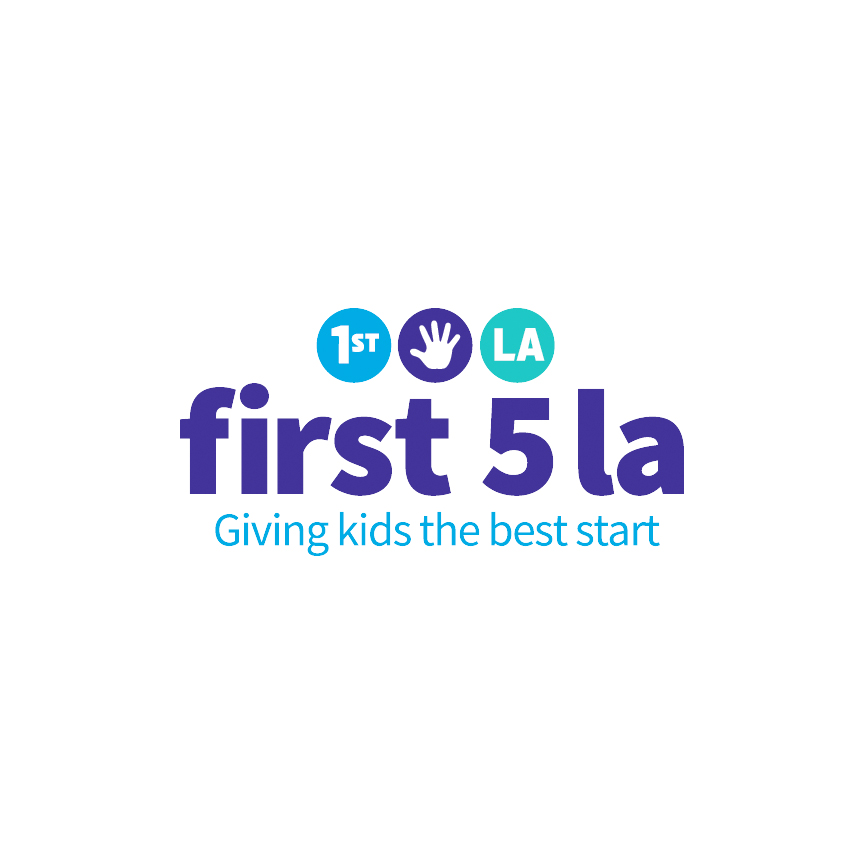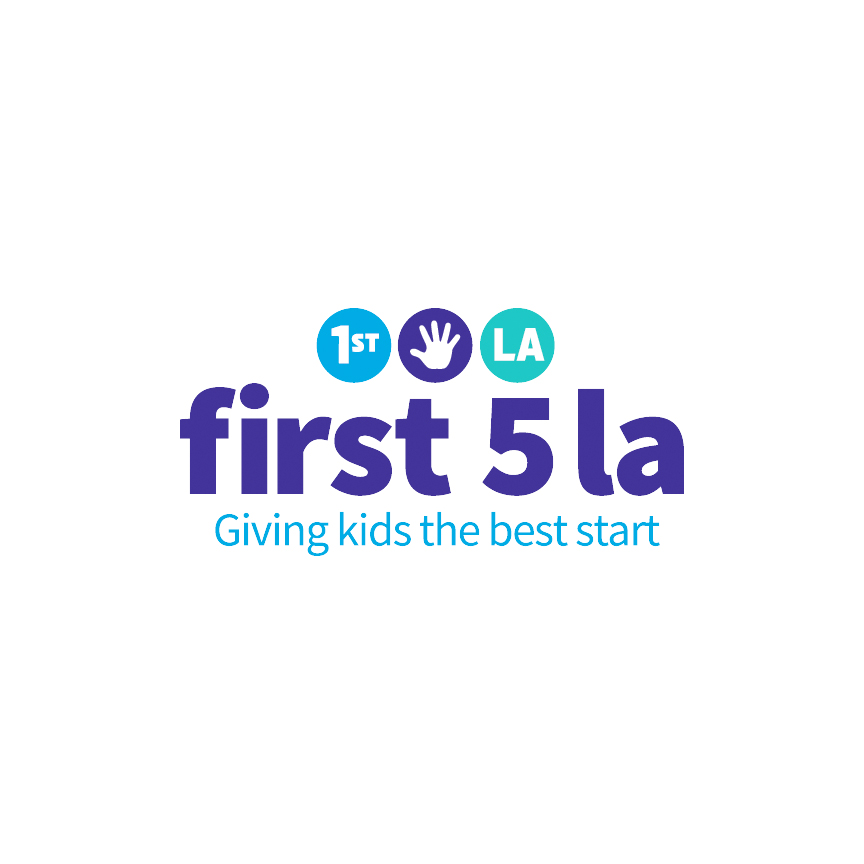Getting children ready for kindergarten involves more than parents. There are many people involved —including preschool teachers, child care providers and school district officials — and, at times, it can seem like the proverbial herding of cats.
“How do you bring cats together? You put the milk bowl out. And the data is the milk bowl.”

Spoken by Santa Ana Unified School District Board Vice President Rigo Rodriguez, these words served as a metaphor for the Learners Today, Leaders Tomorrow 2019 Summit on September 18 that brought to the Long Beach Marriott more than 300 educators, early childhood advocates, elected officials, parents and business leaders. Attendees learned how data can be collected and used to help young children enter kindergarten with the opportunities they need to succeed in school and life.
Hosted by First 5 LA and First 5 Orange County, this first-of-its-kind daylong summit showcased the power of the Early Developmental Instrument (EDI) tool to assess kindergarten readiness as applied in Southern California, nationwide and as far away as Australia.
Conducted by kindergarten teachers to assess incoming student skills in five measurement domains of early childhood development, the EDI provides a snapshot of how children are doing in a community. This data can help inform strategic, local decisions about allocating and prioritizing resources to help young children succeed in school and life. (See related article here explaining the EDI and First 5 LA’s Kindergarten Readiness Assessment project).
In a series of speeches, panels and breakout sessions at the summit, experts from a spectrum of early childhood, research, education and government organizations illustrated how EDI data has acted as a catalyst for change in numerous communities and school districts.

“There is data now on 350,000 children in the U.S.,” said Dr. Neal Halfon, director of the UCLA Center for Healthier Children, Families & Communities. “The more you can connect your data to others, the more powerful you can become.”
Speaking at a plenary panel hosted by First 5 LA Vice President of Programs Christina Altmayer, Rigo said that the EDI data collected by his school district “challenged a lot of our assumptions. We had believed the higher the poverty level, the lower the literacy level. I think it freed us from our assumptions and caused us to become more focused on data.”
“In some ways, it created a community of learning,” added Rigo, who serves as Executive Director of the Santa Ana Early Learning Initiative, a coalition dedicated to improving early learning. He also noted that his district has invested millions to boost early learning, including raising the pay structure of preschool teachers.
The EDI can also be useful in providing data to back up what kindergarten teachers observe in class, said Kathleen Leary, Director of Early Care and Education and Afterschool Programs for the Newport Mesa Unified School District.
“Kindergarten teachers were telling us that kids didn’t know how to hold a pencil or open their snack bags,” Leary said.
Indeed, the EDI revealed that just 57 percent of kindergarten students in the district were prepared in fine motor skills, prompting her district to implement a “Handwriting Without Tears” program where kindergarteners could learn to hold a pencil and other similar skills.

Community partnerships, too, are excited about the potential of the EDI tool.
Sam Joo, executive director for the Magnolia Community Initiative near downtown Los Angeles, said his organization worked with First 5 LA-funded Best Start Metro Los Angeles Community Partnership to conduct a community survey in 2017. Among other factors, the survey asked residents about resilience and what they would like to improve in their neighborhoods.
“We’re excited that First 5 LA has gone into partnership with the Los Angeles Unified School District and that we will get EDI results from local schools,” Joo said. “As we get the regular EDI data, we want to compare that data to our resident surveys.”
On the statewide level, Giannina Pérez, Governor Gavin Newsom’s senior policy advisor for early childhood, spoke with First 5 LA Vice President of Policy & Strategy Kim Pattillo Brownson on how data can be used to provide direction on early childhood education. Data can also illuminate factors that can adversely impact early childhood development, such as poverty.
“Data is not a four-letter word anymore,” Pérez said.

First 5 LA Commissioner Silvia Swilley agreed. “For me, the whole idea is to take this information to inform what we do — to point out which communities aren’t ready. To base our decisions on data, not just what we assume.”
As First 5 LA has learned, leading with partnership is the best way to make a lasting impact. Gatherings such as these help to build collaborations between organizations that may not have occurred otherwise. This is a lesson learned from First 5 LA’s work with trauma and resiliency-informed systems change, where the agency has collaborated with a cross-sector of public, nonprofit and philanthropic partners to improve systems to become trauma- and resiliency-informed and to help individuals, families and communities heal from trauma and strengthen their resiliency.
Indeed, other First 5 leaders across the state were inspired by the potential of implementing the EDI in their counties, including Michelle Robertson, deputy director of First 5 Santa Barbara County.
“We’re going to be doing our Strategic Plan,” Robertson said. “I think this could be part of it, especially if there’s that much interest in it in the state. We might as well get on the bandwagon.”

For Guadalupe Gonzalez, the EDI data from the Kindergarten Readiness Assessment in her community of South Compton was sobering. Cradling one-month-old Anna Christina, whom she is in the process of adopting, the Best Start Compton-East Compton Partnership member looked at the map with concern: only 39 percent of the children in her community were prepared for kindergarten.
“It’s sad,” she said. “We’re going to have to try harder.”
Read more about “Why Investing in Early Childhood is Everyone’s Business.”








